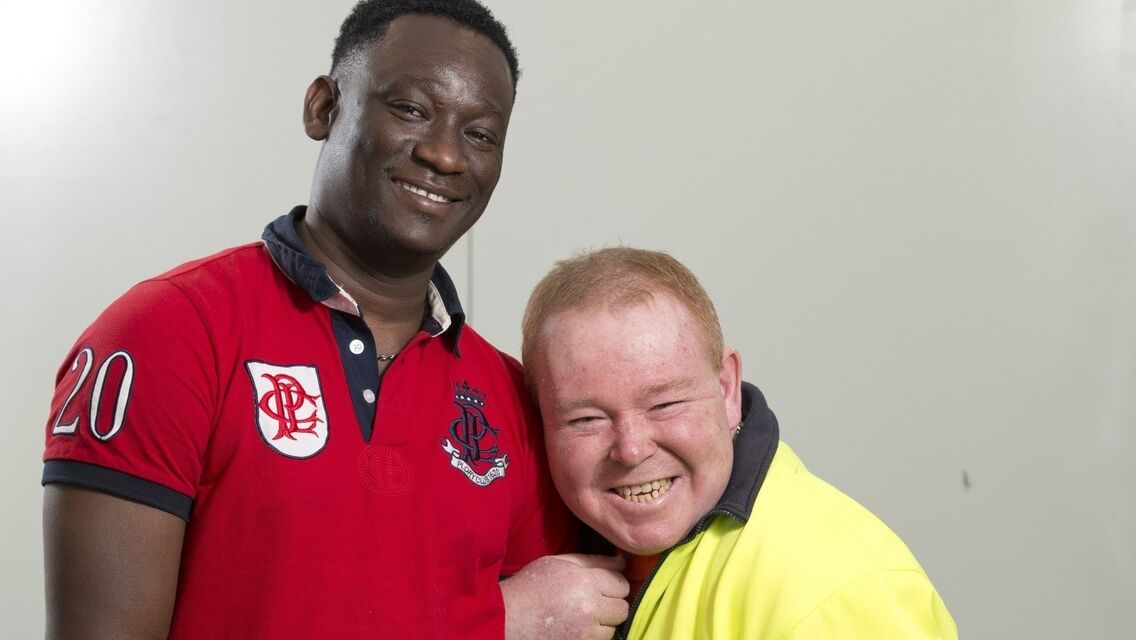The National Disability Insurance Scheme (NDIS) funds reasonable and necessary supports to help participants reach their goals, objectives and aspirations.
During your planning conversation, the NDIA Planner or Local Area Coordinator (LAC) will gather information on which supports are reasonable and necessary in your situation. To be considered reasonable and necessary, a support must be:
- related to your disability
- not a day-to-day living cost that is unrelated to your disability support needs
- value for money
- likely to be effective and beneficial to you
The NDIA will also consider unpaid, informal supports provided by family, carers, networks and the community. It's important to remember that what may be considered unreasonable for one person, may be quite reasonable for someone else with different support needs. Be prepared to talk about why a support is 'reasonable and necessary' - don't presume the planner or LAC fully understands your or your loved one's needs.
Supports the NDIS may fund include:
- daily personal activities
- transport to enable you to participate in community, social and economic activities
- therapeutic supports including behaviour support
- home modification
- mobility equipment
- support workers to help you with personal care activities
If you're not sure whether a support should be funded, ask yourself - would someone without a disability be expected to pay for it? If the answer is yes', then it's unlikely to be considered reasonable and necessary. For example, expenses such as food, tickets to sporting events and clothes are unlikely to be considered 'reasonable and necessary.'
Case study: Matt has an intellectual disability and one of his NDIS goals is to socialise more with his friends and get out of the house.
As part of this goal, Matt is planning to attend a local music festival with three of this friends.
The NDIS would pay for a support worker to take him to and from the event, however Matt would need to use his own money to purchase things unrelated to his disability, such as:
- Entry into the festival
- Food and drinks
- Merchandise
For more information on reasonable and necessary supports, visit the NDIS website.

